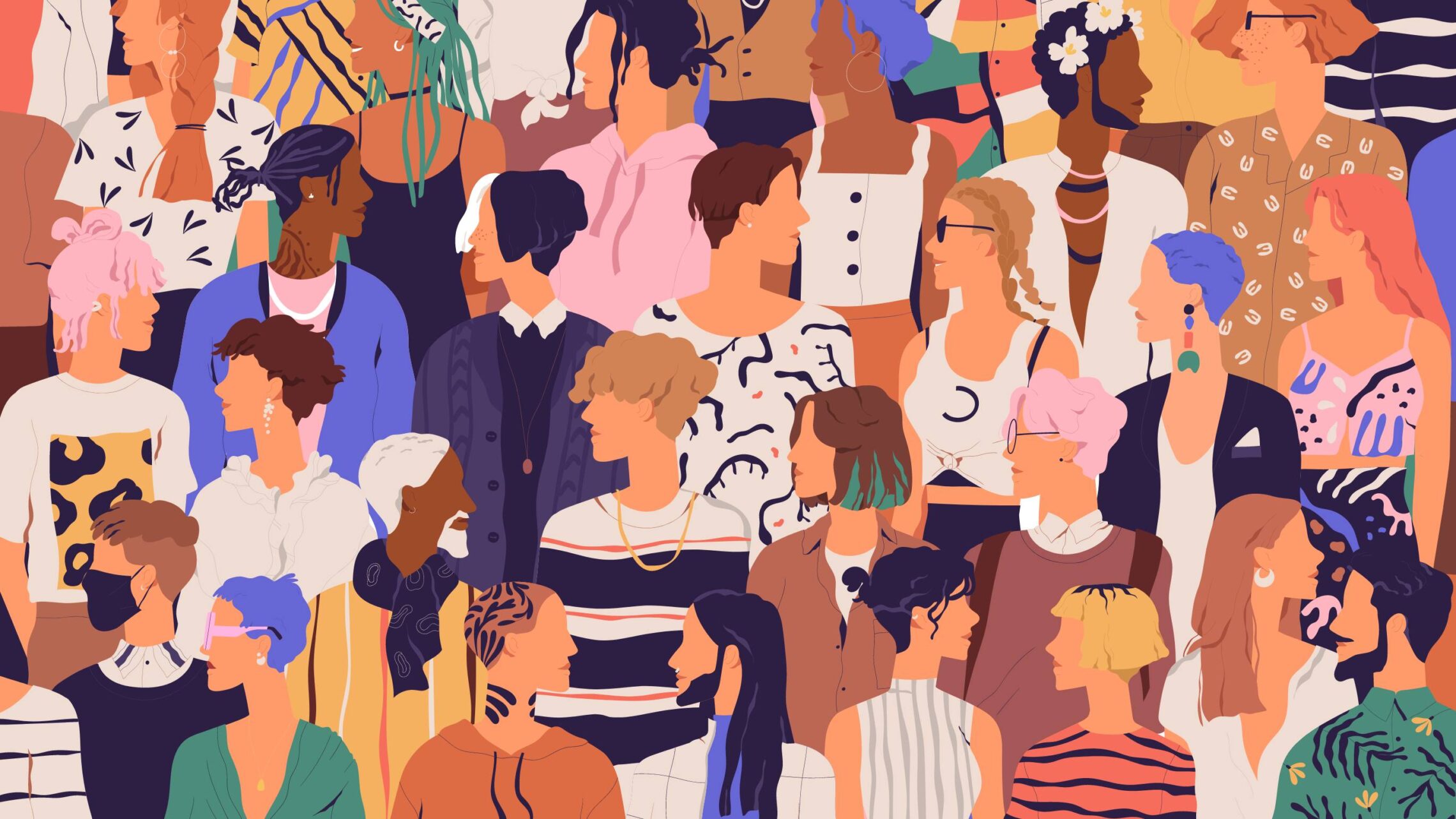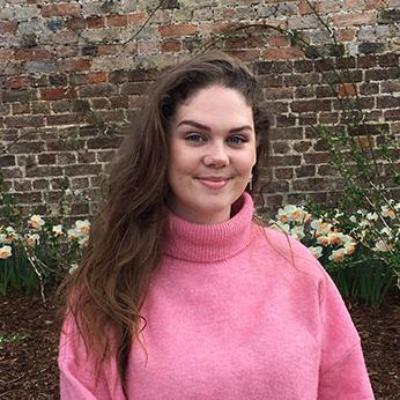One of things we’re doing at Bath Spa is focusing on belonging by completely reimagining our student representation system.
We’re a small union – we do all the usual stuff, we have clubs and societies, a rep system, an Advice centre and right now we’re running Black History Month.
But one of the big conclusions from the new Wonkhe/Pearson research on belonging is that making social connections on courses is imperative – so it’s something we’ve been thinking a lot about too.
One of the things we were impressed by when we travelled to Europe earlier in the year was the way in which many of the functions that we put into silos in our sector were intertwined, student led and academic-community centred.
Course communities
In the countries we visited there weren’t separate academic societies and individually elected reps on every course. There was just a subject community.
They ran events, put on induction activities, led study skills interventions and hosted careers evenings. They took part in curriculum development initiatives, organised participation sports and hosted induction camps for new students.
What was really interesting was the pride – social and academic identity is complex in the UK, but they told us they belonged as a physicist, or a nurse, a design student or whatever.
So we’ve been thinking how we can bring that back to Bath Spa. How can we support students to create those bonds and serve each other?
To help get there, we recently held an away day where it was vital to bring everyone on board. That included academics, professional services, the university’s senior management team, some of our academic reps and our own staff and officers – where the big question was how we might repurpose our rep scheme to focus on building connections.
It was a great day – and now we’re now working through and testing some of the ideas. We might end up with automatic membership academic societies that handle student representation at course level. We might have a mixture of reps – academic and social. We are thinking about projects that could form connections between all year groups.
Always the last place you look
Some of the answers were under our nose.
During the past year or so, we know that the reps on our dance course had gone rogue. They had a social rep, an academic rep and events and socials that weren’t organised through us.
We’ve spent some time and effort getting people to bend to our silos and structures.
But the truth is that the community they have bolted onto that course works really well. They’re working closely with academics, they are assertive over student rights because they’re a group not just a couple of reps, and they support each other in ways that aren’t apparent on other courses.
Students in the School of Music and Performing Arts, where dance is, never use the online feedback platform – because what they are doing works.
And while we won’t be abandoning our university-wide work with under-represented groups and networks, at the course level there are things to be learned when students take decolonising their course into their own hands.
That isn’t all we’re doing. We are prioritising making our SU bar a much more safe, cosy and welcoming space. A student recently asked me if she could eat her lunch box in the space – and of course she can. We do free hot water, we have student microwaves, and we’re working towards student kitchen areas where students can cook and eat together.
And we’ll continue to treasure and promote our liberation networks and events. Sometimes students might need to find each other beyond their course – and creating communities away from the programme will continue to matter to many of our members.
But the most important thing we’ll be doing is trying to get out of the way. If we said to a group of passionate psychology students or engaged artists, how can we support you as a community to build connections, academic confidence and careers – they’ll tell us. It’s our job to then design the support and structures to enable their ideas.


















